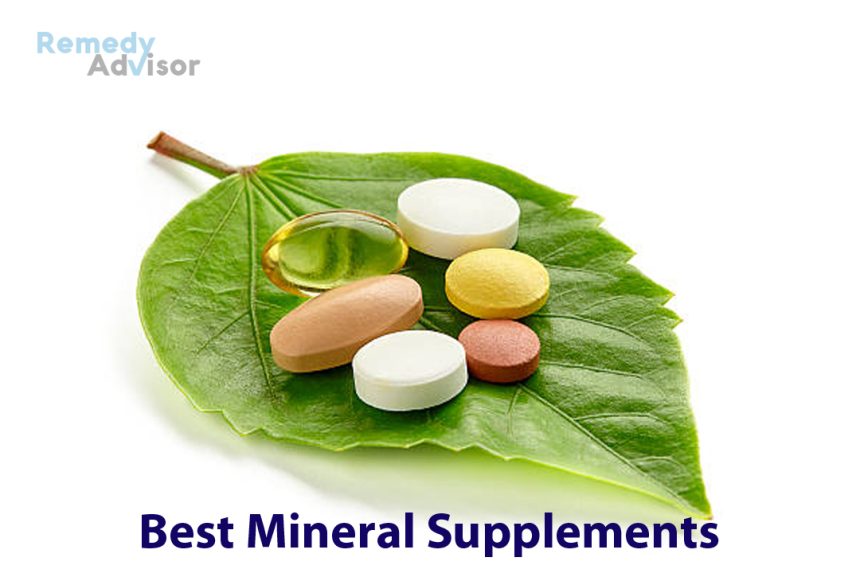Minerals iron, calcium, chromium, zinc, etc. are vital components of a healthful diet. But claims made about their health benefits extend far beyond the evidence. As with vitamins, it’s important to remember the distinction between taking mineral supplements to prevent or treat dietary deficiencies and taking them in higher doses in an effort to improve health in other ways.
There’s been a great deal of controversy over chromium picolinate. This dietary supplement has become very popular with bodybuilders and with people involved in weight-loss programs. But despite all the hoopla, there is little evidence that chromium picolinate is effective for these uses.
A study has raised questions about chromium picolinate’s safety. When scientist’s exposed cells taken from the ovary of a hamster to high concentrations of chromium picolinate, they found that it caused severe chromosomal damage. This raised the possibility that the mineral supplement might be carcinogenic.
The industry that manufactures the supplement responded to this study within days, criticizing how the study was done and claiming that, when taken at the recommended dose, chromium supplements are completely safe. You have to wonder, though, if these critics might be more concerned with protecting their profit margins than your health.
There is less controversy about calcium, iron and zinc. Calcium supplements, especially when combined with vitamin D, exercise and/or hormone supplements help prevent some of the normal bone loss that occurs as women enter menopause. It’s even more important, however, to build strong bones in the first place by getting enough calcium when you’re younger.
Adolescents and young adults particularly women should get 1,200 mg of calcium a day. Most get less than half of that amount. Elderly women should consume 1,500 mg a day. There is about 300 mg of calcium in a glass of milk or a cup of yogurt.
Those who don’t get enough calcium in their diet should take a supplement. It is usually less expensive to buy a separate supplement like calcium carbonate than to try to get the full amount of calcium in a multivitamin.
A woman of childbearing age, especially those who donate blood or have heavy periods, often need supplemental iron. Your doctor can give you a simple blood test that determines whether you are iron-deficient. It’s best to have this test before you start taking iron. Too much iron in your system can pose a hazard to your health.
The average American gets only 80% of the recommended daily allowance of zinc, according to a study. If you suspect you’re not getting enough zinc from your diet (good sources include shellfish, beef, beans and nuts), take a multivitamin that contains the recommended daily allowance.
Whenever you hear fantastic claims about the curative powers of mineral supplements, keep in mind that the multibillion dollar industry that manufactures them is behind a lot of the hype. As with vitamins, a balanced diet is the best way to ensure that you’re getting the minerals you need. A simple multivitamin containing the recommended daily allowances of vitamins and minerals is safe, however, and provides insurance against dietary deficiencies.
Beware of higher doses. Until further studies sort out questions of effectiveness and safety their risks and benefits simply aren’t known yet. In the meantime, it’s your choice whether you want to be a guinea pig. Personally, though, I think I’ll stay in the control group.







